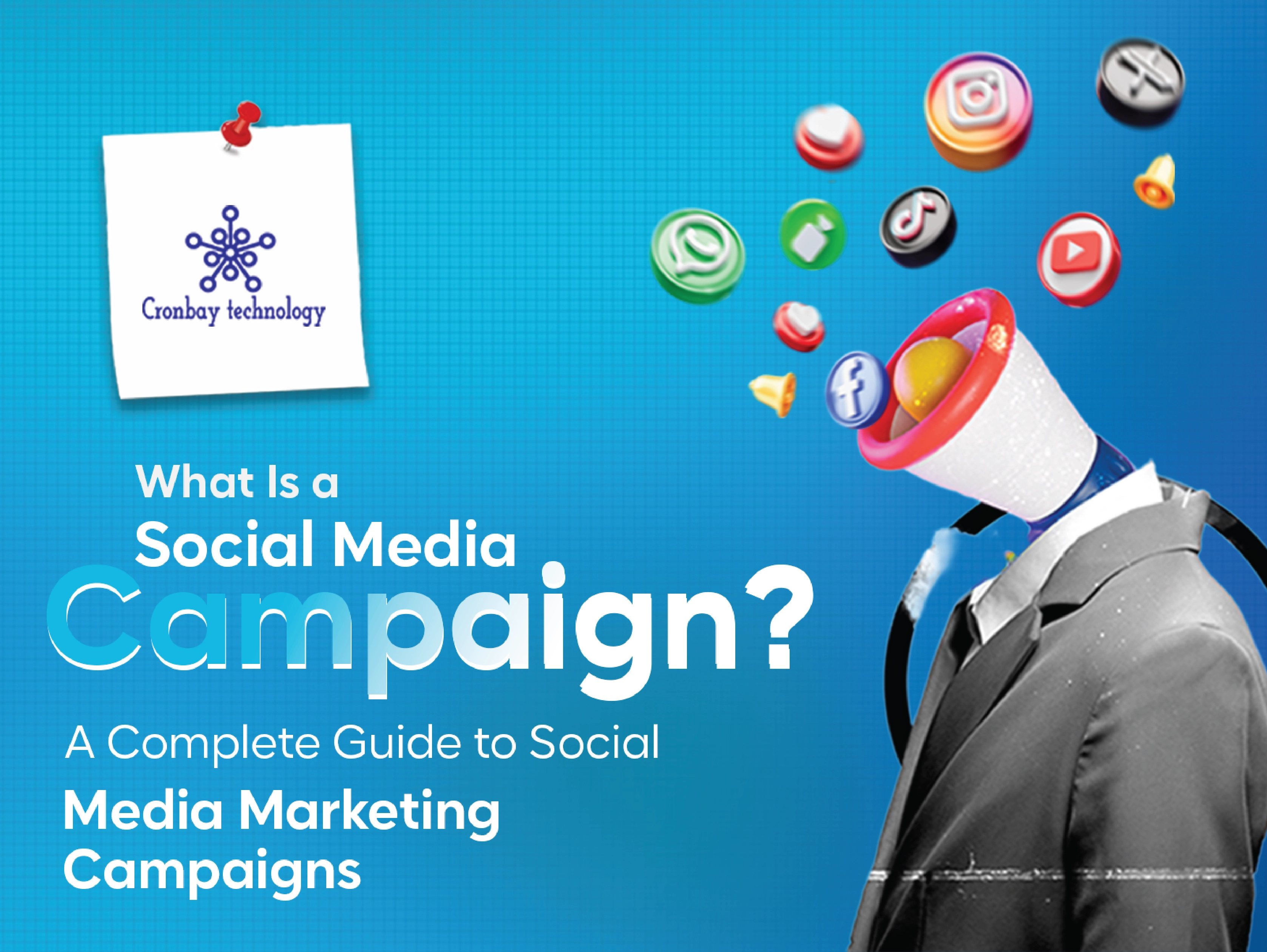The number of individuals who have access to the internet is enormous. Information overload on a wide range of subjects might make it difficult to reach a specific person. Here is where the concept of "targeted advertising" could be useful.
There is a potential rise in the quantity of personally identifiable information being exchanged over the web due to companies' widespread use of targeted advertisements. In addition, this may cause consumers to worry about the safety of sharing their personal information, although database management software may assist in alleviating these worries. According to W3techs, cookies are used by 41.4% of all internet platforms.
Why is Google removing 3rd party cookies?
In contrast to Google Chrome, other browsers have already disabled third-party cookies by default, such as Apple Safari and Mozilla Firefox. Nonetheless, there are many who, for reasons of personal privacy, prefer not to have their browsing activity monitored in any way, by any browser. Google Chrome is aware of this and has chosen to implement the phase-out. What follows is a list of some of the more likely explanations for this strategy as a whole:
- To prevent cyberbullies from gaining access to sensitive information and safeguard internet users' privacy.
- In an effort to preserve the web's openness, accessibility, and approachability for all users.
- In order to help companies and developers make a better impression online and attract more customers, we provide cutting-edge resources for doing just that.
- New internet privacy standards may be developed with the help of collaborative efforts between various organisations.
What Will Google Replace cookies with?
Federated Learning of Cohorts (FLoC) is a new experimental tracking capability being tested by Google instead of cookies. Google FloC is the most recent privacy-focused alternative to third-party cookies proposed by the internet giant. Remember when Google said it would stop using tracking cookies from other sites by 2022? Google's Chrome web browser now follows suit with the likes of Safari and Firefox in banning cookies from external websites.
The tech giant said in March 2021 that it would launch a developer trial of FLoC as part of the Privacy Sandbox effort. To safeguard user privacy while yet providing efficiency and value to advertisers, Privacy Sandbox is suggested as a collection of web browser APIs. To let marketers deliver, target, and measure campaigns in Chrome without relying on third-party cookies. Advertising buyers may be interested in FLoC, one of the Sandbox concepts.
How does FLoC function?
To facilitate federated learning, Google Chrome will group users into interest-based cohorts with thousands of other "like-minded" individuals. The FLoC proposal on GitHub states that while analysing a user's activity, the new tracker would consider the URLs of sites visited and the content of those pages. Labels or FLoC IDs will be assigned to each cohort or set of users to track their shared behaviours and interests.
Each user's browser history remains confidential, and the cohorts will have generic, anonymised identities. By storing a user's browsing history on FLoC, which is not shared with anybody, not even Google, FLoC prevents publishers and marketers from tracking users as they move from one website to another.
Through a Javascript API, advertisers can access the user's cohort name but no other information. This approach, the browser stores all user information locally and just shares the cohort ID with the marketers. Google has advocated waiting until there are "thousands" in a cohort before taking steps to safeguard user privacy.
Why are all websites asking about cookies in 2022?
Cookies are little files that websites transfer to your device to track your browsing habits and keep track of the data you've entered into forms or put in your shopping carts. There is good intention behind the ubiquitous cookie alerts that come up as you browse the web.
Unfortunately, they aren't doing much; in the end, most of us merely mindlessly confirm our agreement with a click. If you choose to disable cookie tracking, you may have problems with the site's functionality. It's usually okay to simply keep looking, however. They're not dissimilar to the pop-up adverts that we all learn to ignore on the internet.
Notifications about cookies are meant to offer you greater control over your personal information. In all likelihood, however, you'll just check the box saying "yes" and go on.
These cookie disclosures are indicative of a larger problem: the internet's inability to adequately protect users' personal information from being accessed, used, and shared by third parties. This information may then be used to monitor users both online and off.
What happens when you disable third-party cookies?
Third-party cookies, in contrast to first-party cookies, are generated by a different website from the one you are now viewing. These cookies are designed to monitor your online activity, which is why many people see them as an invasion of privacy. As marketers commonly utilise them to monitor surfing history, they are enabled by default in web browsers but may be removed if desired.
First-party cookies, as we've said previously, are required for any site to identify you as a person upon login. Turning them off prevents a website from remembering what you've done as you go between pages. In addition, you may prevent certain forms of tracking by advertisers and other third parties by deactivating third-party cookies in your web browser. The confidentiality and safety of your users will rise as a result.
What Does This Change Mean for Advertising?
We now know that the elimination of all third-party cookies will not stop tracking. Third-party cookies may soon be obsolete thanks to the new technologies being developed for Privacy Sandbox.
Accordingly, from the point of view of Google Ads, not much will change until the industry accepts the new technology (which may need some development effort and maybe improvements to the Google Ads interface). From what we have gathered so far, this is just conjecture. We will learn more about the implications of this shift for marketing as the date of the prohibition on third-party cookies draws near. Google has also said it wants to protect the economic models of websites that provide free material.
Final Thoughts
Distancing yourself from third-party cookies is good for the open internet. The way that sales and marketing teams operate is going to alter as a result of Google's decision to discontinue supporting cookies from third-party websites, but the shift will not have a catastrophic effect.
Concentrating on tactics such as first-party data, programmatic purchasing, developing more tailored content, and employing contextual targeting rather than depending on questionable data from third parties is important. If you need the help of professionals, click here to book the appointment right away.
Frequently Asked Questions
Q1. Should I turn off cookies from third-party websites?
Ans. Cookies placed on your computer by third parties are able to track your movements on the web, but they do not alter the user experience in any way. Because of this, if you are given a choice to do so, you should always disable cookies from third-party websites. Cookies from third parties are often referred to as tracking cookies since they "monitor" your activity in order to provide you with advertisements that are more relevant to you.
Q2. What will take place after there are no more cookies?
Ans. However, if you disable cookies on your browser, other identifiers, such as your computer's IP address, will be used to find out more about who you are and what you do online than cookies ever could. Instead of utilising cookies to identify users, cookieless websites save their users' information using alternative identifiers, such as their IP addresses or the IDs of their devices.
Q3. Should you allow websites to store cookies on your computer?
Ans. The vast majority of cookies do not provide a health risk. The proprietor of the website only utilises them in order to improve your overall experience on the site. You are free to ignore the notification that says "Accept Cookies," and the vast majority of websites will continue to function normally.





